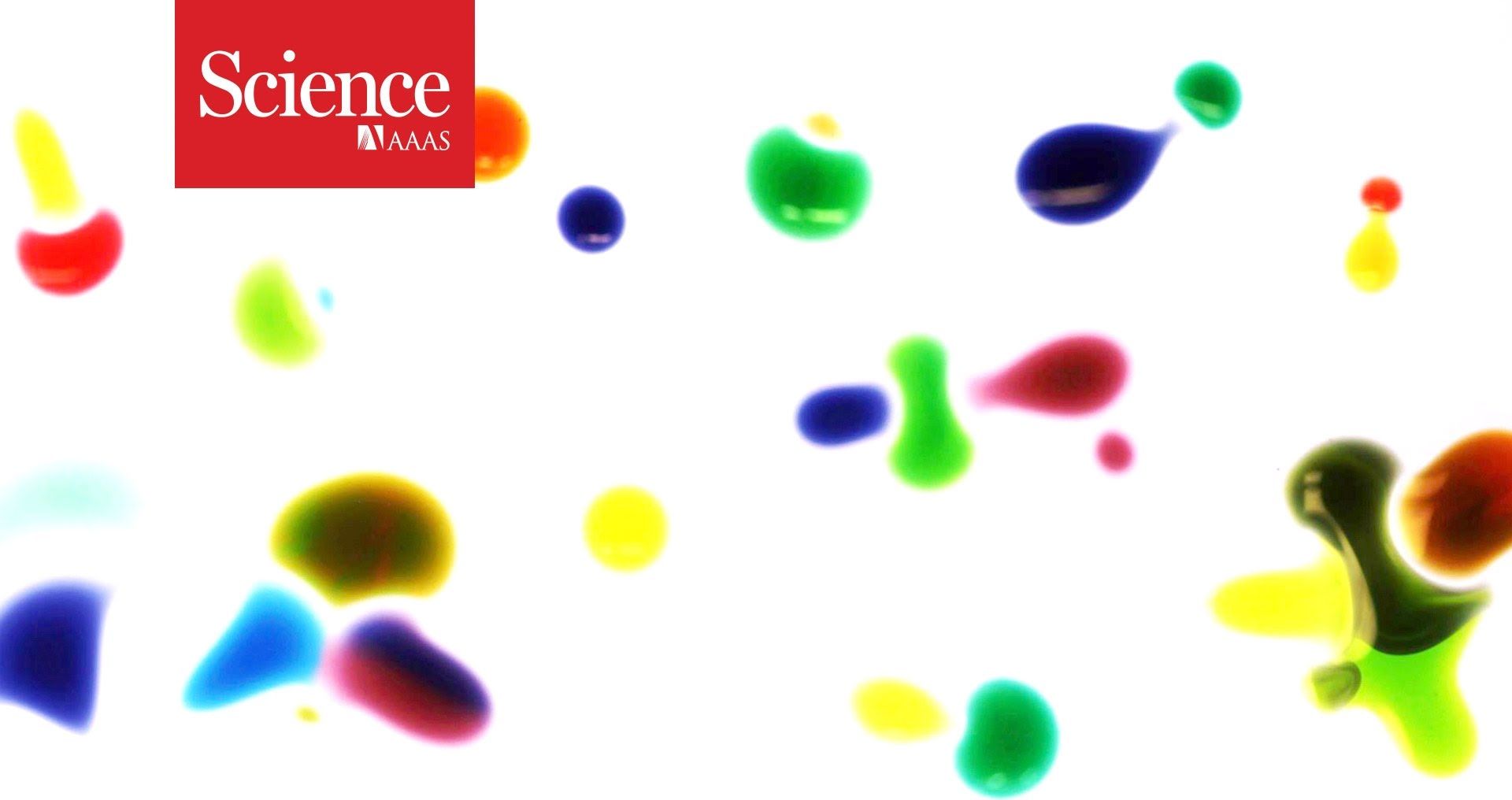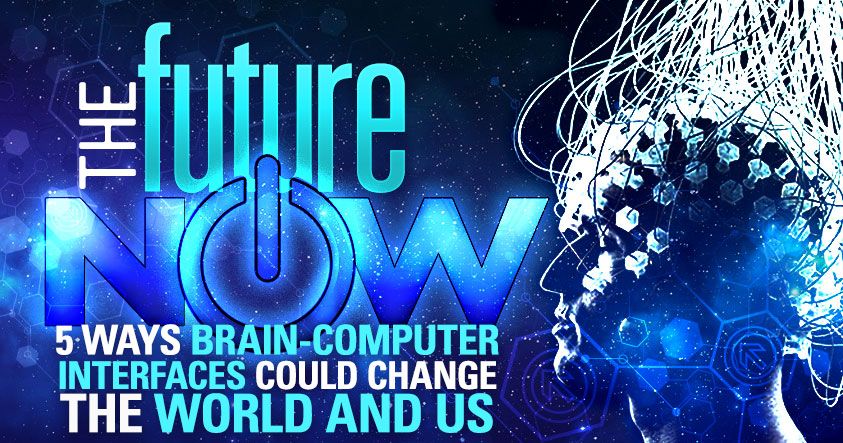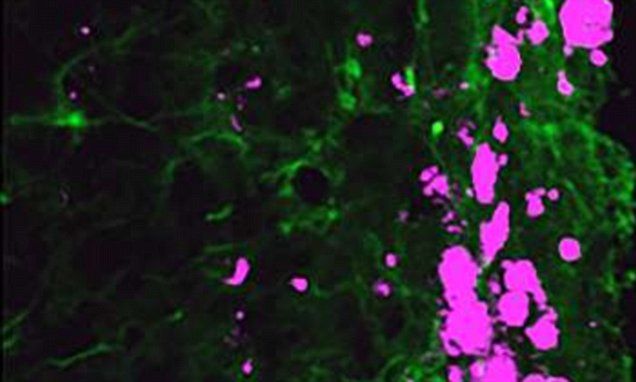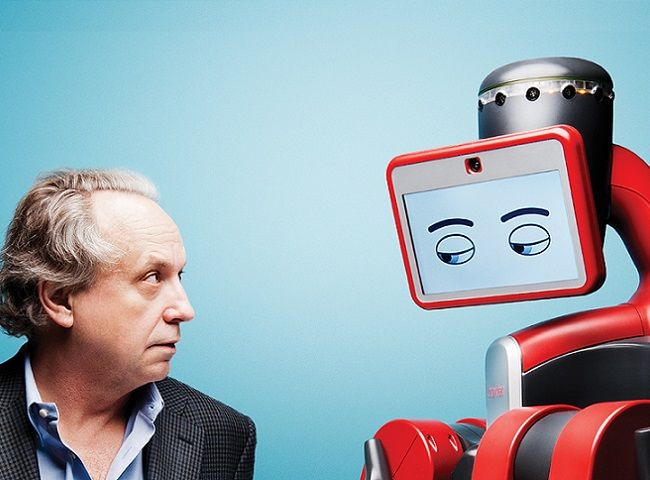Page 11381
Feb 24, 2016
Whoops! 12 Tales Of Accidental Brilliance In Science
Posted by Karen Hurst in category: science

You nominated 300 cool stories of scientific surprise for Skunk Bear’s Golden Mole Award. Our shortlist has it all: circuits painted with light, imperceptible genitalia, and a terrifying frog.
Feb 24, 2016
5 Ways Brain-Computer Interfaces Could Change The World — And Us
Posted by Karen Hurst in categories: biotech/medical, computing, cyborgs, neuroscience
Current experiments with brain-computer interfaces have allowed an amputee to “feel” with his prosthetic hand — what other wonders will we achieve with this technology?
Feb 24, 2016
Could SKIN CELLS help cure brain tumors?
Posted by Karen Hurst in categories: biotech/medical, neuroscience
Scientists at the University of North Carolina have turned skin cells into cancer-hunting stem cells (in green) that destroy brain tumors (pink) — a discovery that could lead to the first treatment in more than 30 years.
Feb 24, 2016
These headphones apparently make your brain release happy drugs
Posted by Karen Hurst in categories: biotech/medical, neuroscience

https://youtube.com/watch?v=IpFbPHwFL1s
Headphone that releases dopamine.
They claim to stimulate dopamine release.
Continue reading “These headphones apparently make your brain release happy drugs” »
Feb 24, 2016
Japanese men aren’t having sex with real women anymore
Posted by Shailesh Prasad in category: sex
Feb 24, 2016
Facebook can map more of Earth in a week than we have in history
Posted by Shailesh Prasad in category: robotics/AI
Facebook’s incredible mapping feat shows that neural networks are starting to do serious volumes of work seriously fast. Here’s why it matters.
Feb 24, 2016
Why Self-Driving Cars Really Shouldn’t Ever Have Steering Wheels
Posted by Shailesh Prasad in categories: robotics/AI, transportation
The head of Google’s self-driving car division made headlines recently for asking federal regulators to permit a vehicle without human-facing features like a steering wheel. Now he’s made a very good case for why no autonomous vehicle should have these things at all.
In an interview with NPR that aired today, Google’s Chris Urmson hit home the point that it’s simply not a good idea to any to have any kind of human-oriented controls in self-driving cars:
You wouldn’t imagine that in the back of a taxi, we put an extra steering wheel or brake pedal there for the passenger to grab ahold of anytime. It would just be crazy to think about doing that. But at the same time, I could imagine that there are vehicles where most of the days you don’t really want to drive it, so let it take you to and from work in the morning, for example, but on the weekend when you get a chance to get out onto some open road, that you might enjoy driving in that location. But I think the idea that you want the person to jump in who hasn’t been paying attention or maybe had a couple of drinks with dinner and then jump in to override is probably not the right idea.
Continue reading “Why Self-Driving Cars Really Shouldn’t Ever Have Steering Wheels” »
Feb 24, 2016
These are the technologies that can help achieve the cancer moonshot
Posted by Karen Hurst in categories: biotech/medical, health, robotics/AI
Nice — Liquid biopsies, AI therapy, silico trials, precision surgery.
Negotiations and collaborations are launching now to decide which research trends and areas deserve the most support. Only disruptive innovations will be able to transform the status quo in cancer, leading patients to get more personalized and faster cancer care, while letting physicians do their job more effectively. Here are the technologies and trends that could help achieve the cancer moonshot.
Prevention and diagnosis
Continue reading “These are the technologies that can help achieve the cancer moonshot” »
Feb 24, 2016
IBM’s Latest Watson API Release Redefines How People and Machines Interact
Posted by Karen Hurst in category: robotics/AI
New Watson API Rel.
The lines are beginning to become blurred as machines gain artificial intelligence capabilities based on Watson’s popular API set.
IBM has just announced the beta release of three new APIs, which could help revolutionize the way we interact with machines. The APIs are called Tone Analyzer, Emotion Analysis and Visual Recognition.
Continue reading “IBM’s Latest Watson API Release Redefines How People and Machines Interact” »
















